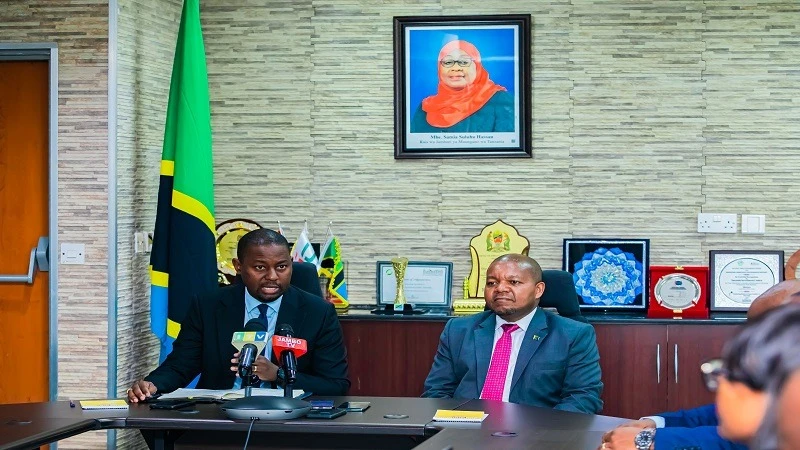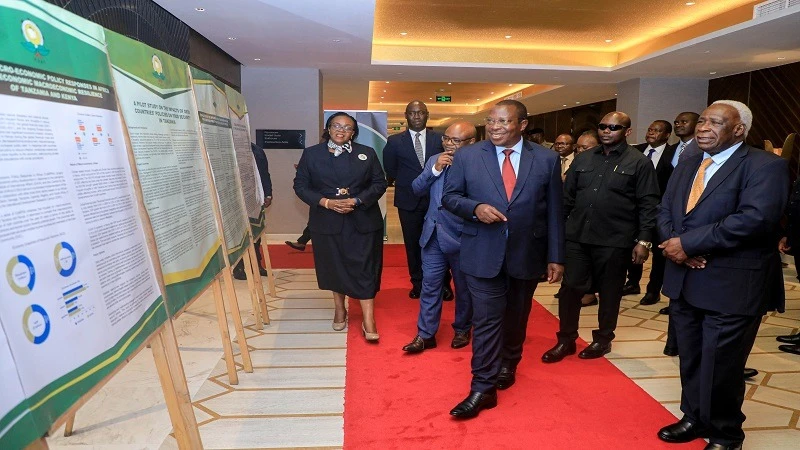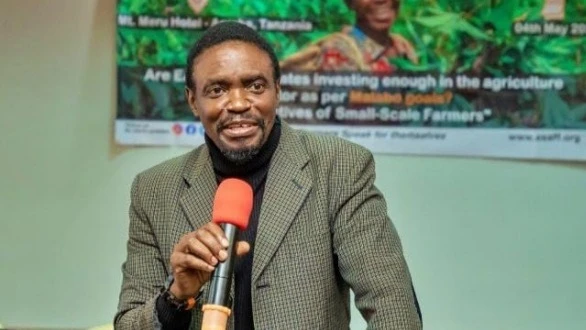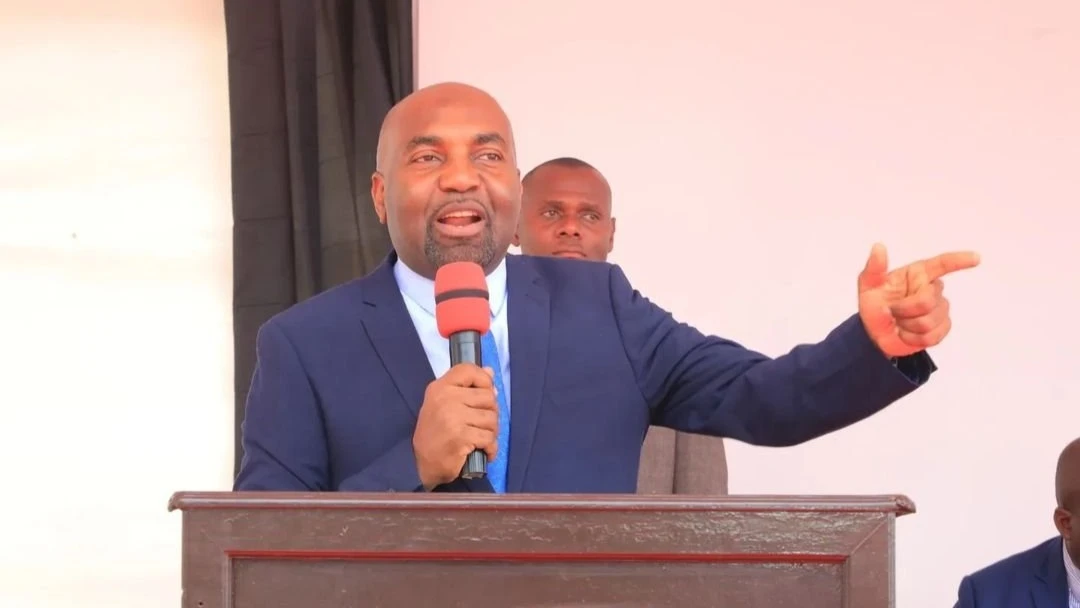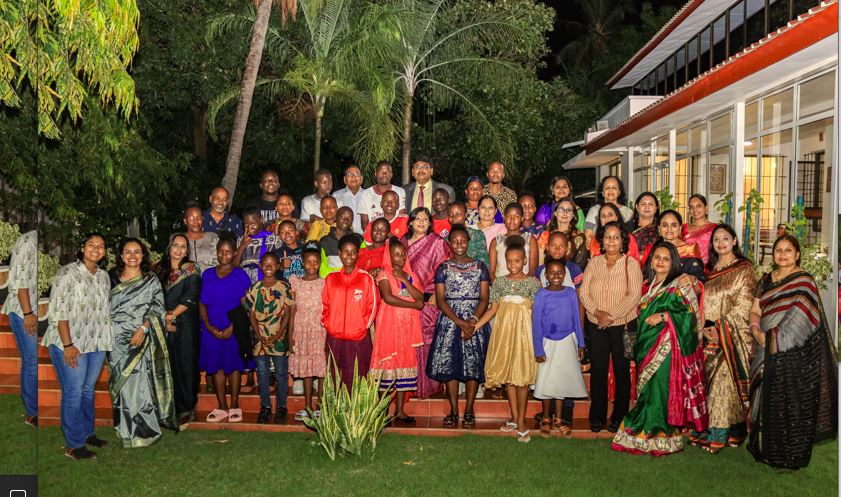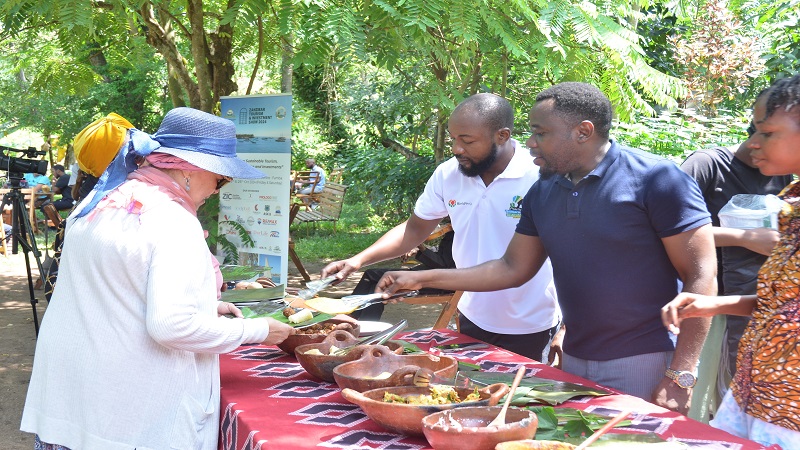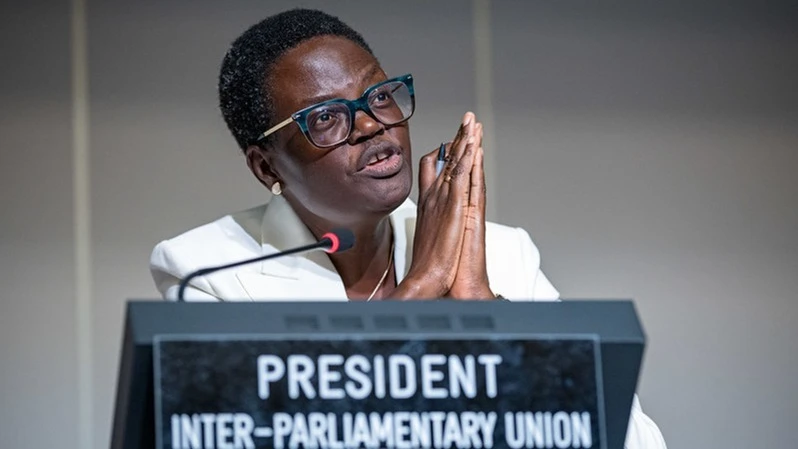Nyerere day: Celebrating the legacy of a leader who shaped the country’s cultural identity, national unity
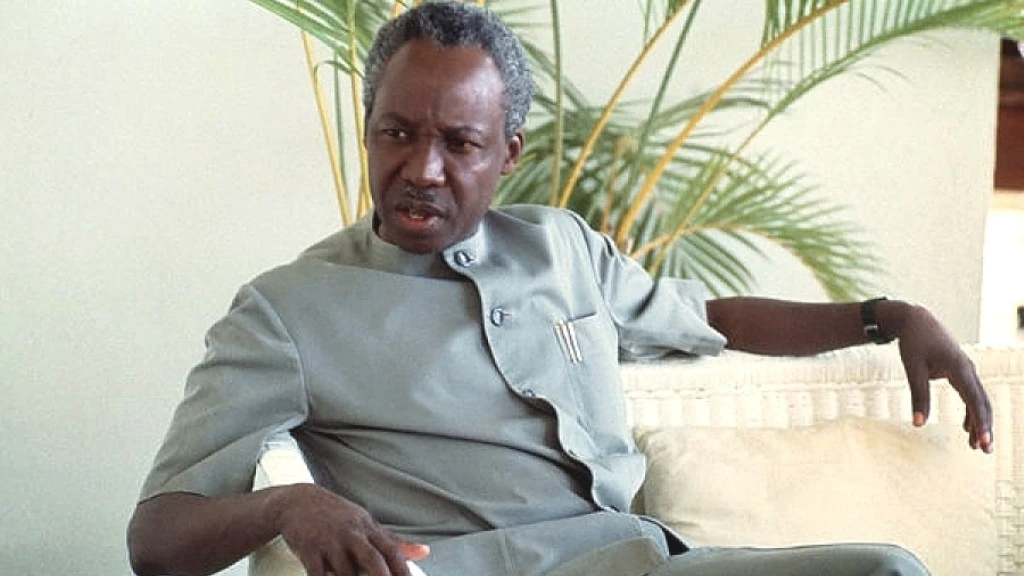
EVERY October 14th of the year calendar, the Tanzania commemorates the death of its father and founder of the nation who died in 1999 aged 77 years while undergoing medical treatment to battle leukemia disease at a hospital in London-United Kingdom.
The government had decided to set aside this important day for the commemoration of its fallen hero and the first President of the country Mwalimu Julius Kambarage Nyerere for his visionary leadership codes that became known locally as well as at international level.
His immense dedicated leadership had a profound positive effects to citizens on unity and brotherhood. These are the two well-known elements that he cherished bearing in mind the fact that the ideas had contributed a significant development to the country’s national economy.
He earned the Swahili title “Mwalimu,” meaning “teacher,” due to his teaching profession before entering politics in a rigorous fight against colonialism after having realized that, “citizens of the then Tanganyika state (now Tanzania) were subjected under various forms of economic exploitation”.
The Nyerere Day as it is known, is an event that coincides with the climax of the countrywide race of Uhuru Torch which symbolizes the philosophy the father of the nation cherished in his rule which was rooted to defend human rights and equality, while exposing oppression, corruption, bribery, hatred and disrespect.
Despite global circumstances that have changed these philosophical ideas, Tanzania still continues to uphold these principles at all costs for the sake of maintaining peace and harmony and adapted them into the political and economic systems of the country’s lifestyles.
In 1954, one year after having resigned from teaching, he helped form a political party known as Tanganyika African National Union (TANU) through which he campaigned for independence countrywide from the British colonizers. Influenced by the Indian independence leader Mahatma Gandhi, Nyerere preached non-violent protest to achieve this aim.
After the independence time in 1961, the father of the nation cherished the idea of lighting the Uhuru torch on top of Mount Kilimanjaro which was put there by the late Brigadier Alexander Nyirenda with a view to shine beyond borders bringing hope wherever there was desperate, love where there was hatred and respect wherever there was contempt.
Now the torch which remains as a national icon is being raced throughout the country in all districts and regions and is specifically designed to inspect various economic and social development projects which have been set up by district and municipals councils.
In this years’ 25th anniversary celebrations of the two events were held at CCM Kirumba stadium located in Mwanza city. The significance of this commemoration reaffirmed government’s dedication and commitments to preserving Nyerere’s legacy as a blueprint for the nation’s sustainable development.
This day is significant in Tanzania as it honors the life and legacy of a leader who played a crucial role in shaping the country's cultural identity that fostered national solidarity among over 120 ethnic tribes which have positioned the country a peaceful nation.
In order to achieve his ambitions, the father of the nation used Kiswahili language in educational curriculums in order to unite all Tanzanians who the majority are now able to communicate the language in various political and social meetings.
Nyerere’s political motives are categorized in various factors linked in every sphere of human life, a factor that has compelled the entire government administration enacted a law in Parliament to stop working and instead observe a special day for his remembrance.
This milestone development has also protected the union between Tanganyika and Zanzibar which was formed in 1964 and it underscores the shared commitment of the government of Tanzania that was formed later and rooted in a strong belief of Pan-Africanism.
The father of the nation is remembered to have done so many things inside and outside the country, and in that regard his contribution to the African liberation struggle is highly commended bearing in mind the fact that countries such as Mozambique, Namibia, Angola, Zimbabwe and South Africa have a high credit on him.
Being the Chairman of the Frontline states for this dedication, the late Nyerere had unwavering belief in the independence of all these African states that was successful due to the solid foundation for unity, and solidarity.
He laid down these two elements that enabled the continent have a voice in global governance especially when he denounced openly the apartheid regime of the minority South Africa.
In mid 1960s, Nyerere became an instrumental figure in the formation of the African Community (EAC) that enjoined three countries of Tanzania, Kenya and Uganda. The community collapsed and was reintroduced again in 1999. Other regional groups are Southern African Development Cooperation (SADC) and the then Organization of African Unity (OAU).
In 1967 as outlined in his political program, the Arusha Declaration which was announced to wipe off all forms of capitalist economy and a socialist state was formed within Tanzania.
Since then, the father of the nation was committed to the creation of an egalitarian socialist society based on principles of brotherhood that shared cooperative agricultural practice in Tanzania. He collectivized village farmlands, carried out mass literacy campaigns, and instituted free and universal education.
Nyerere believed that when a society cares about the people and that person wants to work, then the individual should not have to stress about their living situation. Traditional African society also plays a big role for Nyerere with the creation of socialist villages.
Education for self-reliance emerged as an attempt to revolutionize the educational system in Tanzania thus making it more relevant to citizens while using it as a vehicle for eliminating socio-economic inequalities in Tanzania and cultivating a culture of self-reliance.
To instill patriotism and inspire selfless service among youths in the country, the late father of the nation had founded the National Service Army trainings for youth, including those who had completed higher secondary school levels for disciplining.
In 1971, Idi Amin Dada seized power in Uganda through a military coup, it later on strained relations with Tanzania. Amin’s regime was marked by oppression and brutality. The kidnapping and subsequent invasion that was amounted by military soldiers who annexed Tanzania’s territorial integrity. The move triggered military confrontations between the two countries.
Despite a previous diplomatic resolution in the form of the “Mogadishu Pact” of 1972, relations soured again in October 1978 when Amin’s forces invaded Tanzania, seizing part of Kagera Region. Mwalimu Nyerere, then Commander-in-Chief of the Tanzanian Armed Forces, could not tolerate this aggression and declared war to defend Tanzanian sovereignty.
The Uganda-Tanzania war, known as the Kagera war in Tanzania led to the overthrow of Idi Amin’s regime. Many lives were lost and properties were devastated during the conflict.
Born on April 13, 1922, in Tanganyika to a local Zanaki chief, Nyerere was a pivotal figure in Africa’s struggle for independence and its post-colonial development. He was the first African head of state to retire voluntarily and provided sanctuary for numerous African liberation movements.
After his presidency, Nyerere remained a respected elder statesman, offering guidance in Tanzanian and regional politics. His final mission involved mediating peace talks to end a civil war in neighbouring Burundi.
Soft-spoken, unpretentious, small of stature, and quick to laugh, was widely credited with impressive oratorical skills and unusual powers of political perception. His thoughts, essays, and speeches are collected in his books.
These includes Freedom and Unity (1967), Freedom and Socialism (1968), Freedom and Development (1973) and many others. He also translated two plays by William Shakespeare, The Merchant of Venice and Julius Caesar, into Swahili language.
Top Headlines
© 2024 IPPMEDIA.COM. ALL RIGHTS RESERVED











